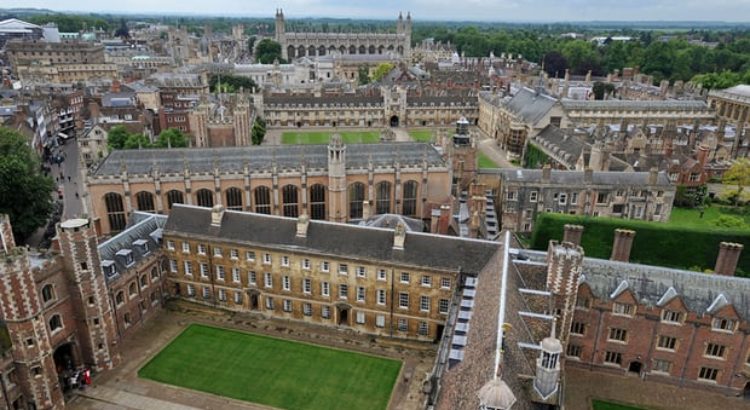England/ 09.04.2018/ From: www.theguardian.com.
A new measure looking at how successful individual universities have been in trying to widen participation to students from all backgrounds has ranked University of Hull as the best-performing institution and Cambridge the worst.
The experimental fair access rankings, drawn up in a research paper by the Higher Education Policy Institute (Hepi), rate the University of Derby, Edge Hill, Chester and Plymouth School of Art as among the top performers.
Close to the bottom are some of the country’s oldest and most prestigious universities, including St Andrew’s, Bristol, Oxford and Aberdeen, which perform only marginally better than Cambridge on this measure.
While overall university participation rates among young people have gone up from 10-15% of the population in the 1980s to more than 45% today, there are still wide discrepancies in intake, with fewer students from disadvantaged backgrounds attending the most elite institutions, the Hepi paper points out.
Written by Iain Martin, the vice-chancellor of Anglia Ruskin University, which comes ninth in the rankings, the report advocates the use of the Gini index – a statistical measure of distribution developed by the Italian statistician Corrado Gini in 1912 – in conjunction with so-called Polar measures of university participation in different local areas.
“Widening participation and ensuring that students from all backgrounds are provided opportunities to study at a university that matches their talents and aspirations has been a pivotal part of English higher education policy and strategy for many years,” said Martin. “While much has been achieved, it remains that we do not have an educational level playing field.
“Benchmarking fair and equitable participation using the Gini index – a well-understood and recognised measure of the equitable distribution of resource – provides a single way to measure our transition to a higher education system where all students attend a university that matches their talents and aspiration.”
Cambridge University said its admission rate for state school students had gone up to more than 63% and the proportion of successful applicants from postcodes with the lowest rates of participation in higher education had also increased, from 3.3 % in 2016 to 4.5 % last year.
Since you’re here …
… we have a small favour to ask. More people are reading the Guardian than ever but advertising revenues across the media are falling fast. And unlike many news organisations, we haven’t put up a paywall – we want to keep our journalism as open as we can. So you can see why we need to ask for your help. The Guardian’s independent, investigative journalism takes a lot of time, money and hard work to produce. But we do it because we believe our perspective matters – because it might well be your perspective, too.
I appreciate there not being a paywall: it is more democratic for the media to be available for all and not a commodity to be purchased by a few. I’m happy to make a contribution so others with less means still have access to information.Thomasine, Sweden
From: https://www.theguardian.com/education/2018/apr/05/cambridge-ranked-last-in-university-fair-access-table







 Users Today : 145
Users Today : 145 Total Users : 35459740
Total Users : 35459740 Views Today : 235
Views Today : 235 Total views : 3418207
Total views : 3418207